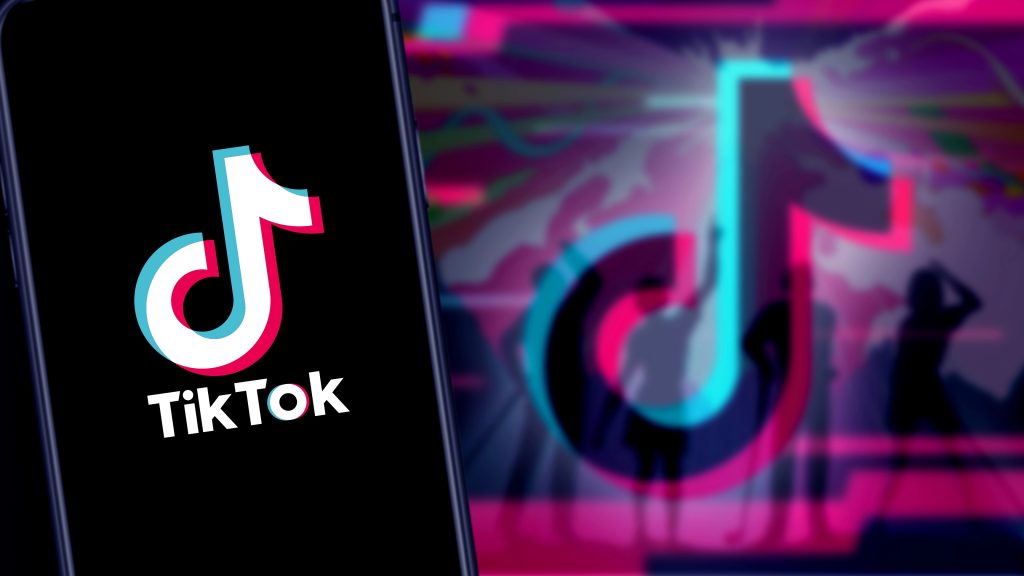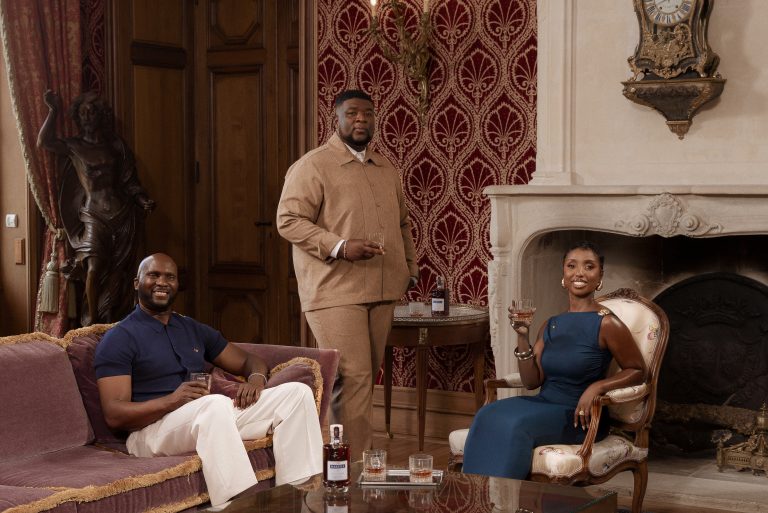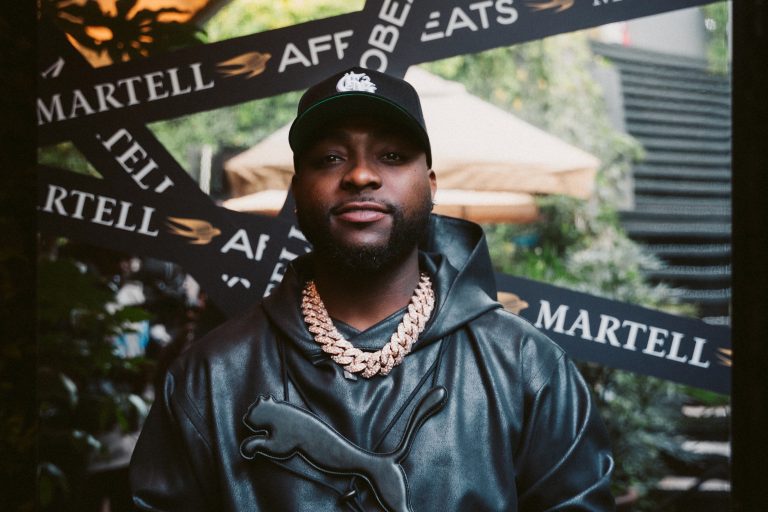Kicking off a new chapter, Nyashinski announced a new recording deal with Sony Music Africa on Friday August 15, and accompanied the news with a new single, “Tai Chi” — an arresting statement of confidence, resilience and the hustle that defines life in Nairobi.
“This partnership with Sony Music is more than just a deal,” Nyashinski shared in a statement. “It’s a recognition of East Africa’s rich musical talent and a platform to showcase our stories to the world.”
With a journey that dates back to the early 2000s as part of the celebrated Kenyan rap trio Kleptomaniax, Nyashinski began carving a lane for himself after the group disbanded in 2009. A long hiatus from the music scene, which he spent in the US, seemed to sharpen his creative edge upon his return to Kenya, and he released “Now You Know” in 2016 and “Malaika” in 2017, earning a Mdundo award for Most Downloaded Male Single that same year.
He followed that with an album, Lucky You, in 2020, and a string of collaborations with Sauti Sol, Juma Jux, Patoranking, and appearances on Coke Studio Africa, where he produced hits with Yemi Alade, Trey Songz, and Mafikizolo. In 2024, the artist born Nyamari Ongegu released two EPs, Gold Old Days and To Whom It May Concern.
“Nyashinski’s signing is a milestone for us and a testament to the incredible talent emerging from East Africa,” said Christine “Seven” Mosha, head of Sony Music Eastern Africa. “He embodies the spirit of innovation and authenticity that our label strives to promote. We are excited to support his journey as he takes his rightful place on the global stage and continues to inspire a new generation of artists and fans across the continent.”
Sean Watson, managing director for Sony Music Africa, calls the signing a landmark moment for the region: “Nyashinski represents everything the world needs to see from East Africa—authenticity, versatility, longevity and artistic excellence. This partnership is about more than music; it’s about elevating the culture and giving East African voices the global platform they deserve.”
In a Billboard Africa exclusive, Nyashinski discusses “Tai Chi”, how music is reshaping Kenyan culture, and his personal evolution – and he offers a sneak peek into his upcoming album.
Congrats on your new signing! How do you feel?
Elated. Grateful. Calm. It’s just a mix of different emotions, because I’ve been doing music for so many years, but I think the thing that got me was the welcome. It was so much love, and it was so warm. Sony really has a family vibe.
What do you think it means for the East African music scene to be recognised in this way?
Well, East Africa has talent. East Africa has stories, just like the rest of the world. A friend of mine told me when talent is being distributed, it’s not just sprinkled in one place in the world — everybody gets a little bit of a sprinkle of talent. I’m grateful that now with all these efforts, everybody gets a chance to tell their unique stories, from throughout the continent; and for East Africa to get a chance through me. Hopefully I won’t be the last one; [there should be] many more coming after me.
Do you think Kenyan artists are leaning more into embracing the sounds of their heritage more than they have before? How do you see the Kenyan music scene evolving right now?
I think definitely we have more of people reaching back into old catalogues of some of the legends that came before, and tapping into sounds and samples and things like that. We have a big resurgence of rhumba, for example. We have a deeper well from which we can pull from, and that helps define culture, helps define sound in a region and all that. I’ve seen great strides in the respectability of the craft because when we started in the beginning, we were hardly getting paid anything. So most parents were discouraging their kids, like, “Hey, don’t become a musician. Try something else.” Even me: my own dad called me one day and he was like, “Hey, I hear you’re rapping. I need you to stop rapping.” And he meant it with love, because at the time, the landscape didn’t look promising. So right now, it’s not crazy to tell your dad or your mom, “Hey, you know what, mom, I want to try and become a musician. I feel I have this God-given gift and I feel I can do it.” Culturally, it’s becoming more acceptable to be a creative, a poet — an expressionist, if you will. And that’s a big stride, I think, and it’s taken a lot of work by many, many people.
How do you find that that impacts your songwriting?
You feel more confident. During the beginning [of a music career], you have to kind of write a specific type of song for anyone to even listen to you. But with the diversification of artists and people recording different styles, and you feel like you have a chance to come in with your own unique contribution, people will give you a chance and listen to you. So it frees your mind as an artist. You’re like, “Okay, I don’t have to conform to what everybody else is doing. I can give my own unique take on everything, and I might have a chance. People might like what I’m saying.” To me, I see a lot of parallels with film, because, so in the beginning, you could only probably shoot one style of movie, maybe just martial arts or something. But now that you can have more nuanced storytelling. Even with beat selection or collaborations, if I collaborate with an artist from South Africa for example, I have something unique to bring to the song just as much as they do. So right now, I think people are getting more free, more confidence to create the creative spaces really buzzing in Kenya and in East Africa as a region as well. So you get more confidence to lean into your own scene when you feel it has a chance to be appreciated.
Tell us about “Tai Chi.”
“Tai Chi” is the first single to drop off my upcoming album. It’s my first album with Sony Music Africa. It’s a rap song, with a very, very danceable beat. I talk about just rap stuff, being braggadocious, and I talk about where I’m from, Nairobi, Kenya. We have a big, big, big dance culture in Kenya, and a big dance culture in Africa, in West Africa, in South Africa. So this is a part of the contribution of East African dance culture in song that’s basically just a braggadocious rap on a nice, uptempo beat.
You’ve had so many personal evolutions and reinventions – and you even cut your signature dreadlocks recently, to much buzz. How would you describe this new chapter of your life and career?
I think with music and show business and being in the limelight and all that, reinvention is a very underrated part of it, especially when longevity is the conversation. I had my locks for 10 years. So if you had your locks for so long, you don’t even know how you’re going to look — [you think] “Am I going to look funny?” But I just felt it in my spirit that at this point, I want to do this. I want to move my life in this direction. And this new partnership is one of those situations where it just falls right into place, where it’s not an uphill thing. In terms of always trying to keep it fresh, I think for me, that’s one of the things that my fans have appreciated for a long time. I don’t get settled in into my comfort zone; I like to take risks. This is how I’m feeling, and this is the honest expression of who I am right now. This is also a new way of presenting my music to the world, so I’m excited to see this where it goes, where it takes me, and all the different markets who have not experienced me yet. I look forward to entertaining you. I give my all in my music. So I sleep well at night knowing I did my best.
With that in mind, how would you describe your sound today?
I think my sound is evolving. It’s always evolving. Right now, I am leaning toward a more Pan-African sound that’s easier for people to listen to. I think when I started, I was more concerned with what bars and rapping in Swahili and all that. But now, it’s a gift to be shared, not to really show off how good I am. So the more I grow, even mentally, I think my sound is just always evolving, and my next album I think is a perfect representation of that.
As someone who’s also quite influential both in Kenya and East Africa, what do you want the next generation of musicians to know?
They’re good enough. You’re good enough. You can do that thing you’re thinking about. That thing you see me doing, that you feel is so out of reach? You can do it.












